Top Class Actions’s website and social media posts use affiliate links. If you make a purchase using such links, we may receive a commission, but it will not result in any additional charges to you. Please review our Affiliate Link Disclosure for more information.
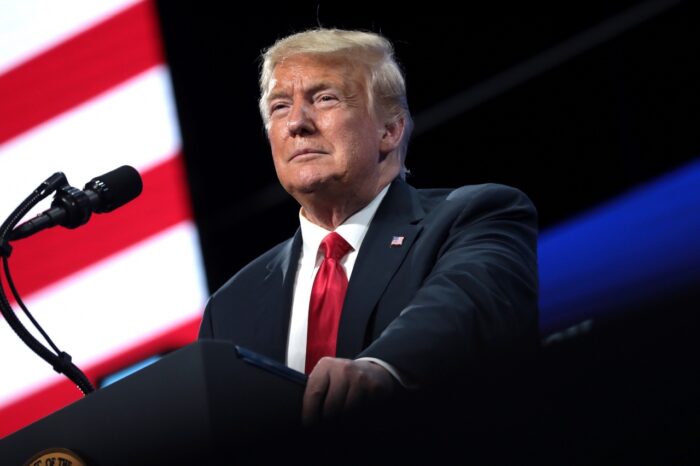
Class action lawsuits that former president Donald Trump said he intends to file against the CEOs of three social media giants over alleged censorship have little chance of success, numerous legal experts said.
The lawsuits, which Trump announced in a press conference Wednesday morning at his golf club in Bedminster, New Jersey, will accuse Twitter CEO Jack Dorsey, Facebook CEO Mark Zuckerberg, and Alphabet (Google and Youtube’s parent company) CEO Sundar Pichai of censoring users based on their political opinions.
In each of the lawsuits, which Trump said are to be filed in the Southern District of Florida, the former president intends to represent a Class of other social media users whose First Amendment rights he claims were violated by social media censorship — namely, platforms’ enforcement of policies on things like harassment, hate speech and more.
Trump is seeking immediate injunctive relief to restore his social media accounts, Axios reported — in the wake of the Jan. 6 insurrection, Twitter permanently booted him from the platform, while Facebook announced a temporary suspension that the company later said would last two years. YouTube also suspended him after the Capitol insurrection, but has revealed few details about how long it intends to keep that suspension in place.
The issue, though, is that Facebook, Twitter, and Google are private companies — the First Amendment may bar the government from broadly restricting speech, but companies are free to restrict speech however they want, many analysts said.
Now, Trump’s lawsuits claim the social media companies’ statuses rise “beyond that of a private company to that of a state actor.”
That’s not easy to prove, though, analysts said.
“What they claim in the complaint doesn’t add up,” Ari Cohn, free speech counsel for TechFreedom, told Law360. “It would be a different story if someone from the government contacted Facebook and said ‘You need to remove this particular tweet or misinformation — or else.'”
Will Oremus, a technology news analysis writer, wrote in The Washington Post that Trump’s planned lawsuits are “incoherent.”
“The First Amendment protects people from censorship by the U.S. government, not from content moderation decisions by private companies, no matter how large or influential,” Oremus wrote. “Courts have consistently thrown out cases similar to Trump’s in the past, according to a forthcoming report on research by Santa Clara University Law professor Eric Goldman.”
Rather, many analysts believe Trump’s lawsuits are little more than a political stunt.
Trump’s announcement, wrote another Washington Post writer, Philip Bump, “offered an opportunity for two of the things Trump likes the most: getting attention and collecting money.”
Not long after Trump’s announcement, Bump pointed out, the former president’s political action committee sent out fundraising emails and texts based on the lawsuits.
“It’s possible that the announcement marks not only a manifestation of Trump’s frustrations against his opponents but also the GOP figuring out how to effectively leverage Trump’s popularity,” Bump wrote. “The party has been threatening to target tech for a while; with Trump’s lawsuit it gets a news peg, a fundraising hook and an ability to position itself as enacting Trump’s will.”
The lawsuits will also seek for the court to strike down Section 230 of the 1996 Communications Decency Act, which protects websites from liability for content posted by users.
Another issue: while Trump says the lawsuits will be filed in Florida, at least two of the social media companies named in the lawsuit include clauses in their terms of service that require any legal action taken against them to be filed 3,000 miles away in California — Facebook and Twitter require lawsuits to be filed in San Mateo and San Francisco counties, respectively, in Northern California, Reuters reporter Brad Heath pointed out.




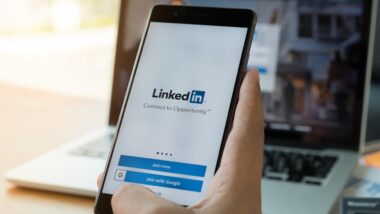
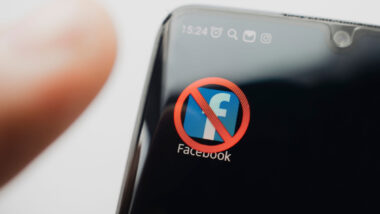
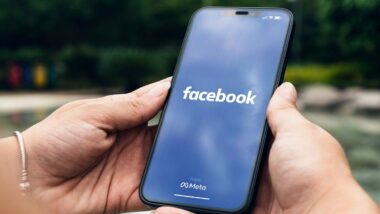



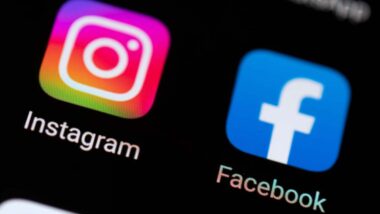



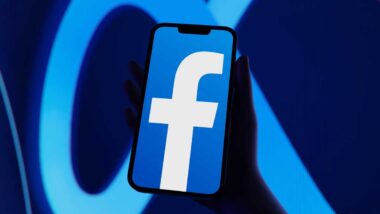
122 thoughts onTrump’s Class Action Lawsuits Stand Little Chance, Analysts Say
Add me